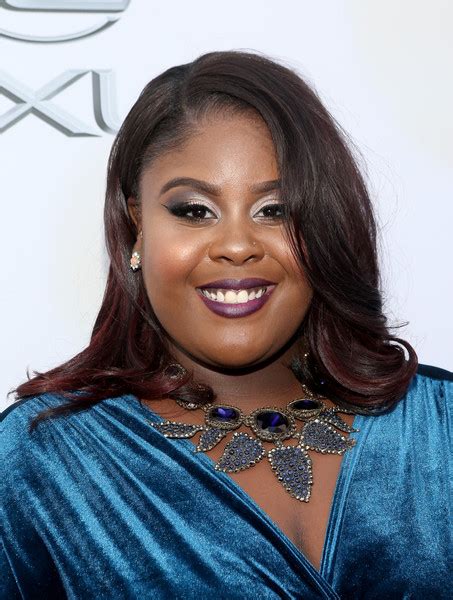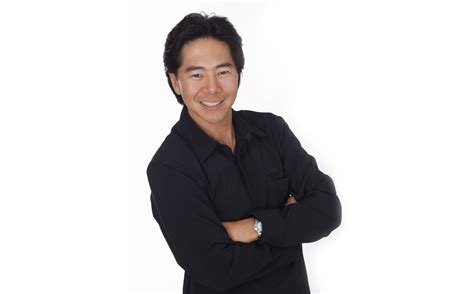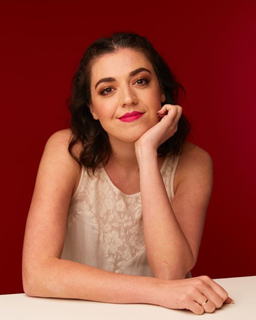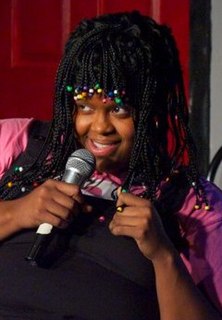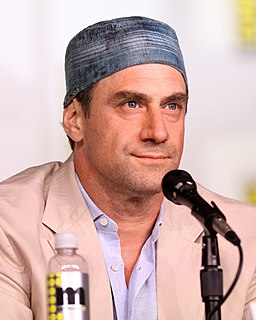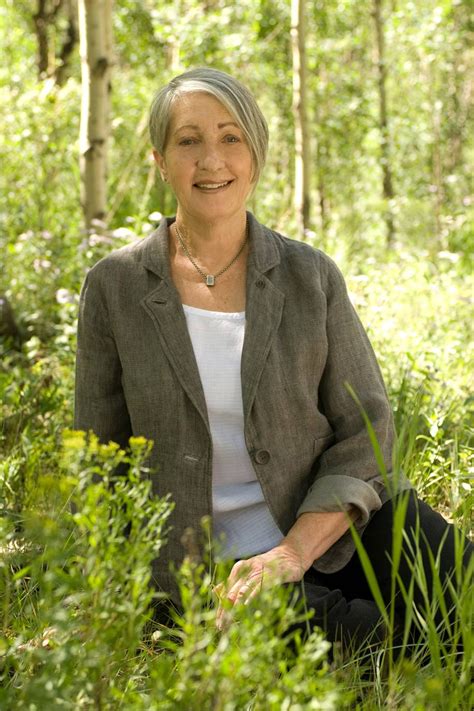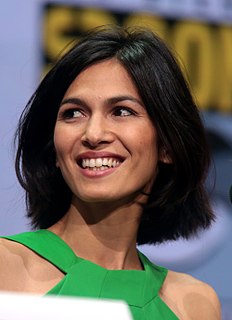A Quote by Raven Goodwin
'Huge' is a show about self-discovery and follows kids at a weight loss camp. My character is shy, so when she meets Nikki Blonsky's character Willamena Rader, who's not, they become friends.
Related Quotes
The [character] that I was able to crawl into the most was Lilo from Lilo & Stitch. This was sort of a cartoony-looking girl, but her problems were completely real. Her funky world that she createdI mean, you know kids like that. It was very honest and genuine and I wanted to do an honest job, so I thought about the character a lot before I animated it. I really got into the character, where [I] almost felt that pain that she had. The loss of the parents - you need to feel all that. That was a big learning experience for me.
My ex-student, Idit Harel, who wrote a book, "Children Designs," has a documented story of a kid who was very shy, isolated and didn't talk much to other kids. She was a little overweight, and the other kids looked down on her for that reason.But then she made a discovery about how to do something on the computer. The discovery was picked up by other kids, and within a few weeks there was a total transformation. This kid was now in demand. And that changed her feeling about herself.
We [comics] create our own reality on the show. I'm in a cocoon of the character's creation. Even within that reality, he's in a cocoon. While I'm an improviser and enjoy discovery, the show follows a script. I have a pretty good idea what's going to happen. It's a very crafted, controlled environment.
There are a couple of strategies for writing about an absence or writing about a loss. One can create the person that was lost, develop the character of the fiancee. There's another strategy that one can employ, maybe riskier... Make the reader suffer the loss of the character in a more literal way.
In WWE there's a huge degree of acting you need to have to become legendary, to become popular. You have to become a great actor in WWE and that's something I've honed from a young age. I could never be the biggest guy on the show when I first started wrestling; it was all about the giants. But I could have the biggest personality, the biggest character.
The thing I'm writing now, I have various characters, and all of a sudden, out of nowhere, this couple dies. And they have a daughter. ...I thought, 'OK, we have to do something with the daughter' ... then I realized she's not really their daughter. She has her own story. And she's become the most interesting character. She was this throwaway character that I didn't even conceive of before I started writing her into it, and now she's become very important in this book.
